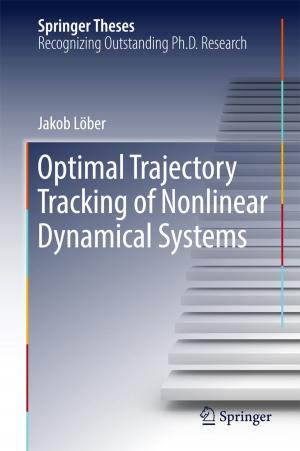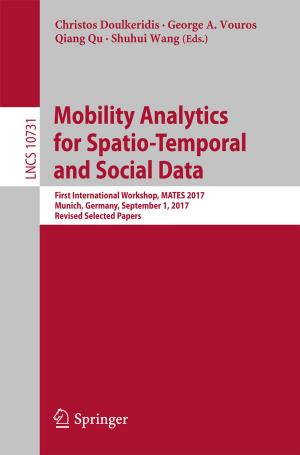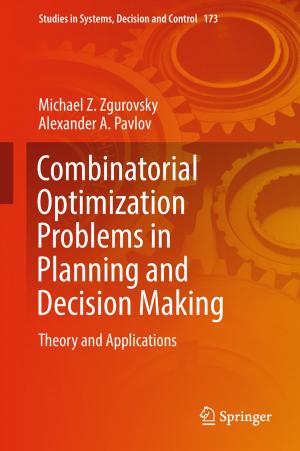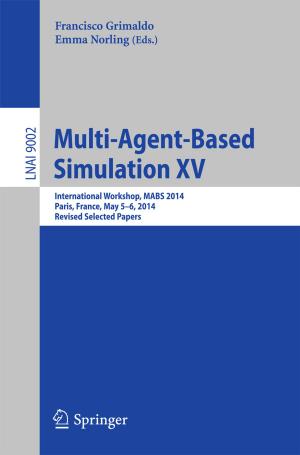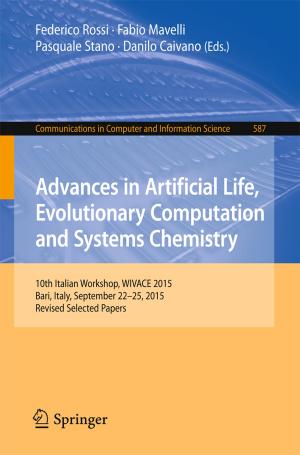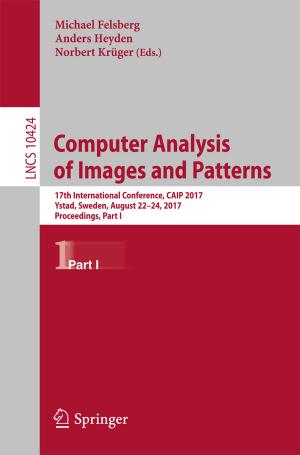Elasticized Ecclesiology
The Concept of Community after Ernst Troeltsch
Nonfiction, Religion & Spirituality, Philosophy, Political, Theology| Author: | Ulrich Schmiedel | ISBN: | 9783319408323 |
| Publisher: | Springer International Publishing | Publication: | January 17, 2017 |
| Imprint: | Palgrave Macmillan | Language: | English |
| Author: | Ulrich Schmiedel |
| ISBN: | 9783319408323 |
| Publisher: | Springer International Publishing |
| Publication: | January 17, 2017 |
| Imprint: | Palgrave Macmillan |
| Language: | English |
This study confronts the current crisis of churches. In critical and creative conversation with the German theologian Ernst Troeltsch (1865-1923), Ulrich Schmiedel argues that churches need to be “elasticized” in order to engage the “other.” Examining contested concepts of religiosity, community, and identity, Schmiedel explores how the closure of church against the sociological “other” corresponds to the closure of church against the theological “other.” Taking trust as a central category, he advocates for a turn in the interpretation of Christianity—from “propositional possession” to “performative project,” so that the identity of Christianity is “done” rather than “described.” Through explorations of classical and contemporary scholarship in philosophy, sociology, and theology, Schmiedel retrieves Troeltsch’s interdisciplinary thinking for use in relation to the controversies that encircle the construction of community today. The study opens up innovative and instructive approaches to the investigation of the practices of Christianity, past and present. Eventually, church emerges as a “work in movement,” continually constituted through encounters with the sociological and the theological “other.”
This study confronts the current crisis of churches. In critical and creative conversation with the German theologian Ernst Troeltsch (1865-1923), Ulrich Schmiedel argues that churches need to be “elasticized” in order to engage the “other.” Examining contested concepts of religiosity, community, and identity, Schmiedel explores how the closure of church against the sociological “other” corresponds to the closure of church against the theological “other.” Taking trust as a central category, he advocates for a turn in the interpretation of Christianity—from “propositional possession” to “performative project,” so that the identity of Christianity is “done” rather than “described.” Through explorations of classical and contemporary scholarship in philosophy, sociology, and theology, Schmiedel retrieves Troeltsch’s interdisciplinary thinking for use in relation to the controversies that encircle the construction of community today. The study opens up innovative and instructive approaches to the investigation of the practices of Christianity, past and present. Eventually, church emerges as a “work in movement,” continually constituted through encounters with the sociological and the theological “other.”





